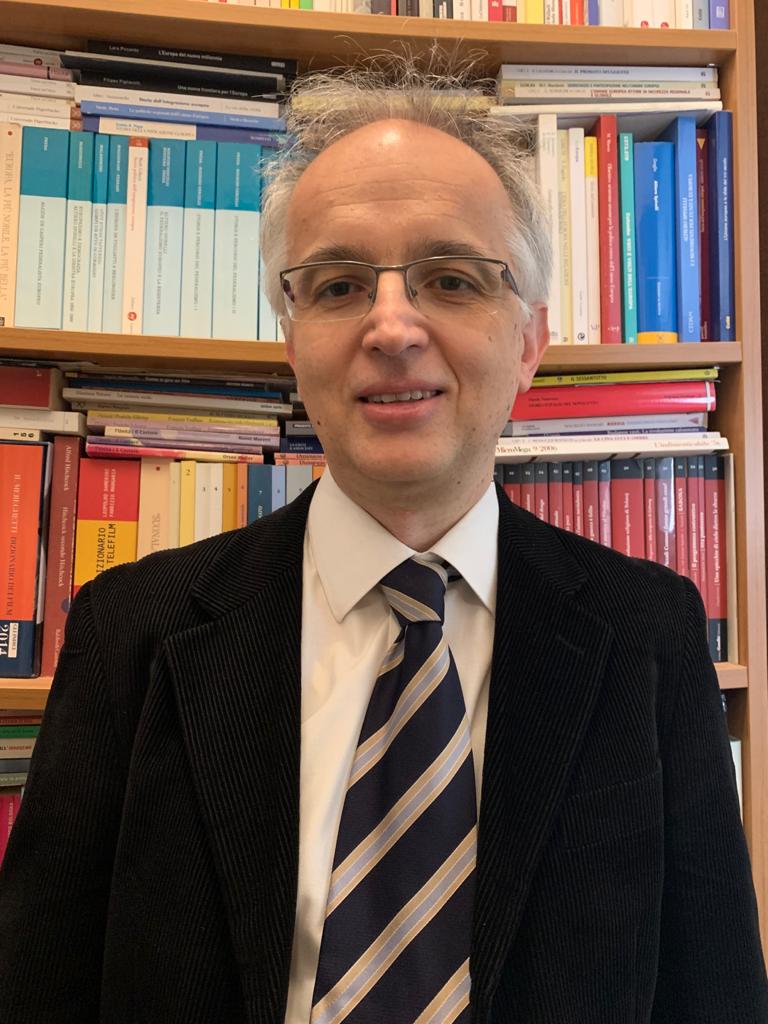
GIORGIO GRIMALDI
COORDINATOR TRAINER
Giorgio Grimaldi is associate professor of History of International Relations at the Department of Human Sciences of Link Campus University (Rome) where he teaches History of International Relations and History of Politics and is coordinator of the Jean Monnet module “EDCSEU Europartites, democracy and civil society in the Union European” and the Jean Monnet Teacher Training Eulink project – European Civic Education. He also teaches “Contemporary history and territorial sources” at the Department of Economics (Imperia Campus) of the University of Genoa. He obtained a doctorate in History of federalism and European unity and participated in various research projects (at the Center for Studies on Federalism in Turin and, as a research fellow, at the University of Turin, at the Scuola Superiore Sant’Anna in Pisa and at the University of Genoa) concerning above all the history of European integration, federalism and green parties. He is the author of publications on these topics and is also a member of the scientific committee of CesUE (Centre for studies, training, communication and planning on the European Union and global governance), a spin-off of the Scuola Superiore Sant’Anna.
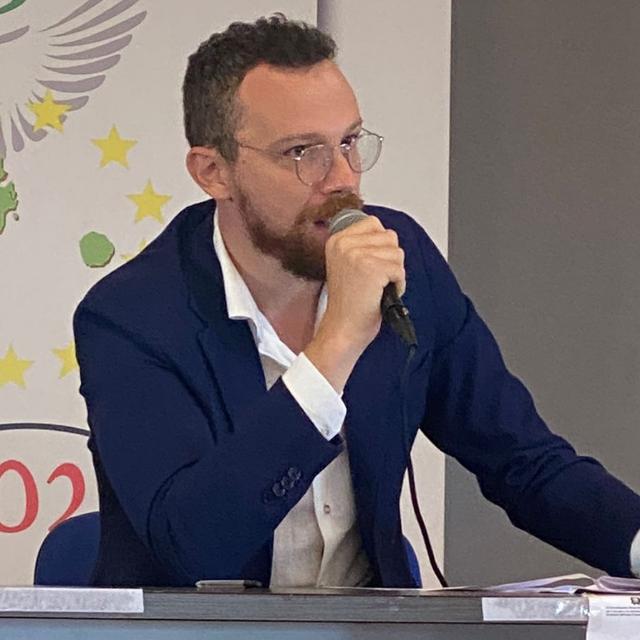
TOMMASO VISONE
VICE-COORDINATOR
Tommaso Visone is Associate Professor of History of Political Doctrine (SPS/02) at Link University, teaches Political Thought for Colonization and Decolonization (SPS/02) at Sapienza University of Rome and is research associate at the Institute for Research on Population and Social Policies of the CNR.
PhD (PHD) in Political Science, he was a research fellow for four years in History of Political Doctrine at the Sant’Anna School of Advanced Studies in Pisa and for two years in History of Economic Thought at the University of Roma Tre. He also conducted research activities at the Université Paris I Panthéon-Sorbonne, the CesUE (Scuola Superiore Sant’Anna di Pisa), the A.R.E.L.A. and the Center for Studies on Federalism of Turin. His research interests mainly focus on the history of the idea of Europe in the 20th century, on the thought of Albert Camus, on the history of federalist thought, on decolonial thought and on the history of democracy.
He has taken part in research projects and teaching activities at the Université Savoie-Mont Blanc, the University of Cyprus, the University of Cambridge, the University of Hong Kong, Universitatea din Bucuresti and the Federico II University of Naples. In 2019 he was Visiting Professor at the Université El Manar in Tunis.
He directs the Social and Political Theory and Research series at the Altravista publishing house in Pavia and was director of the United States of Europe newspaper for the Fondazione Critica Liberale. He is a member of the editorial staff of Euractiv.it.
Among his recent publications: the editing of the volume by Henri Grégoire, On trafficking and slavery of blacks and whites. Written by a friend of men of all colors, Castelvecchi, Rome, 2021; Contemporary Gramsci. Discourses and (counter)hegemonic models, Altravista, Pavia 2019 (edited with Nicola Cucchi); Rethinking Europe. Institutions, changes, concepts, Altravista, Pavia, 2019 (edited with Federica Martiny) and Europe beyond Europe. Metamorphosis of an idea in the crisis of the Thirties (1929-1939), ETS, Pisa, 2015.
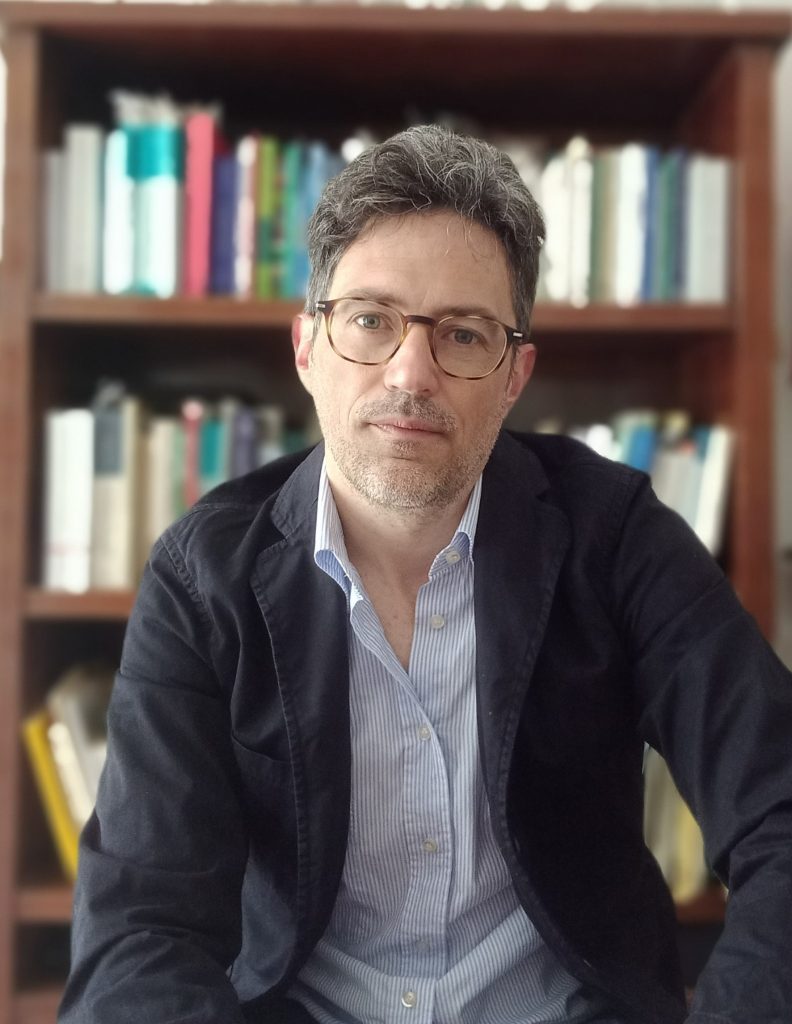
FILIPPO MARIA GIORDANO
ADVISOR TRAINER
Filippo Maria Giordano is associate professor of Contemporary History at the Link Campus University of Rome, where he teaches Contemporary History, History of Contemporary Culture and Contemporary History and Media History. At the same University he holds a “Jean Monnet” Chair on Cinema and European History (Ciak-EU! – EU-rope through films: History, Identity, and Policies). He taught History of European Integration at the Department of Political and Social Sciences of the University of Bologna (Forlì Campus) and History of International Relations at the Department of Cultures, Politics and Society of the University of Turin, where he was also professor of a “Jean Monnet” module on the religious factor in European integration (R4EU). For years he has collaborated with the Center for Studies on Federalism of Turin and is a member of TO-EUrope. Center for European Studies of the University of Turin and La.S.P.I. – Laboratory of History, Politics, Institutions of the DiGSPES Department of the University of Eastern Piedmont. He is editor-in-chief of the scientific journal De Europa – European and Global Studies Journal and editor of the “research” section of the scientific journal Labsus – Laboratory for Subsidiarity. He is the author of volumes and essays on the history of the European integration process, on European identity, on Euroscepticism and on pro-European and federalist movements.
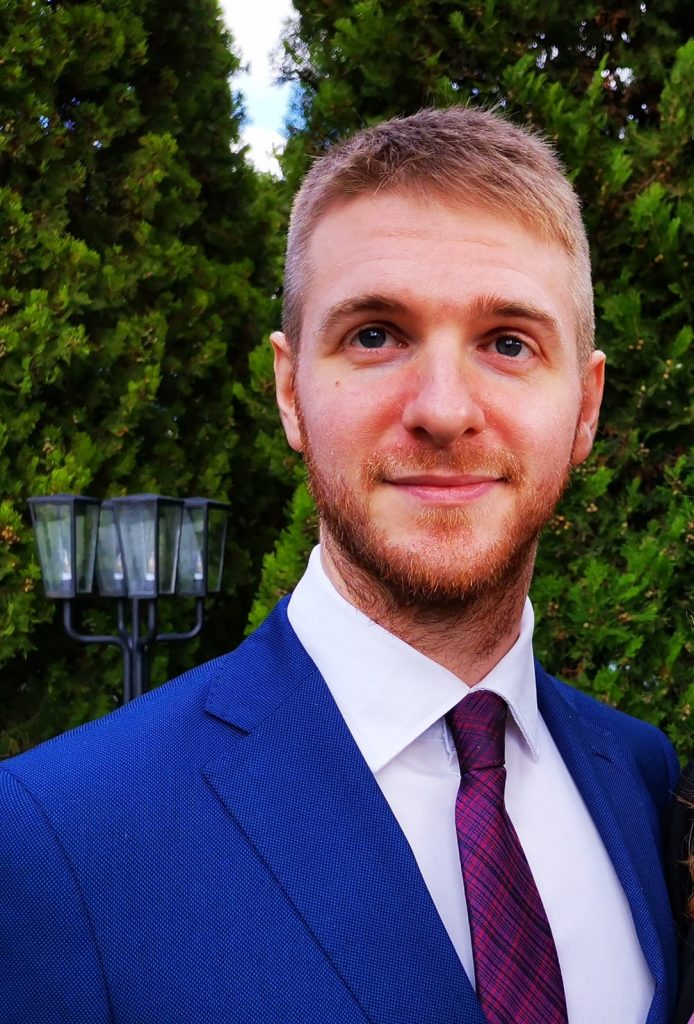
FEDERICO CASTIGLIONI
PROJECT OFFICER
Federico Castiglioni works as a researcher in the “EU, politics and institutions” program of the Institute for International Affairs (IAI). In 2019 he obtained his PhD in European Studies at Roma Tre University, presenting a reconstruction of the war on terror in Afghanistan and Iraq from the point of view of the European Union. From 2019 to 2020 he worked in the European Parliament as a policy advisor in the Defense Commission (SEDE), following the initial negotiations of the European Defense Fund. From 2020 to 2022 he was employed by the consultancy firm Zanasi&Partners, specialized in European security and defense projects. In the 2021-2022 academic year he was a contract professor of “European Governance” at the Orientale of Naples and a Jean Monnet professor at the Link Campus University of Rome. He is part of the editorial board of International Spectator and collaborates with various popular magazines (Formiche, Difesa online, Eurocommunication) mainly dealing with European politics.
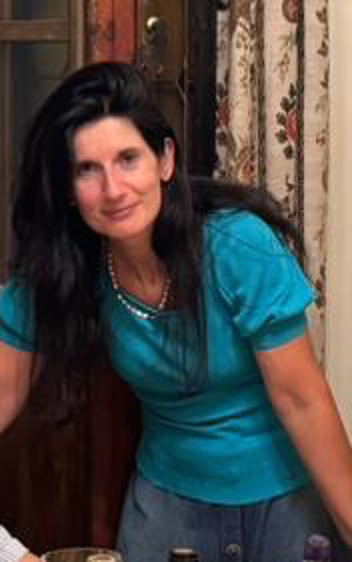
FLAVIA ZORZI GIUSTINIANI
ADVISOR TRAINER
Flavia Zorzi Giustiniani is Associate Professor of European Union Law at the Department of Human Sciences, Link Campus University and Adjunct Professor of International Law and International Law of the Digital Society at UNINETTUNO University. He obtained his PhD in «International, supranational and European institutions» at the University of Teramo. In January 2014 he obtained the national qualification for the position of associate professor in International Law and European Union Law. Since 2010 he has been a member of the Scientific Committee on International Humanitarian Law of the Italian Red Cross. Since 2014 he has been co-director of the «International Disaster Law Course» (taught in English) co-organized by the coordination group of the FIRB project with the International Federation of the Red Cross at the International Institute of Humanitarian Law held in Sanremo, Italy . He is a member of the Italian Society of International Law and European Union Law, of the Italian Association of European Union Law Scholars (AISDUE) and of the International Law Association. He is also a member of the editorial boards of the journal QIL – Questions of International Law and of the Yearbook of International disaster law.
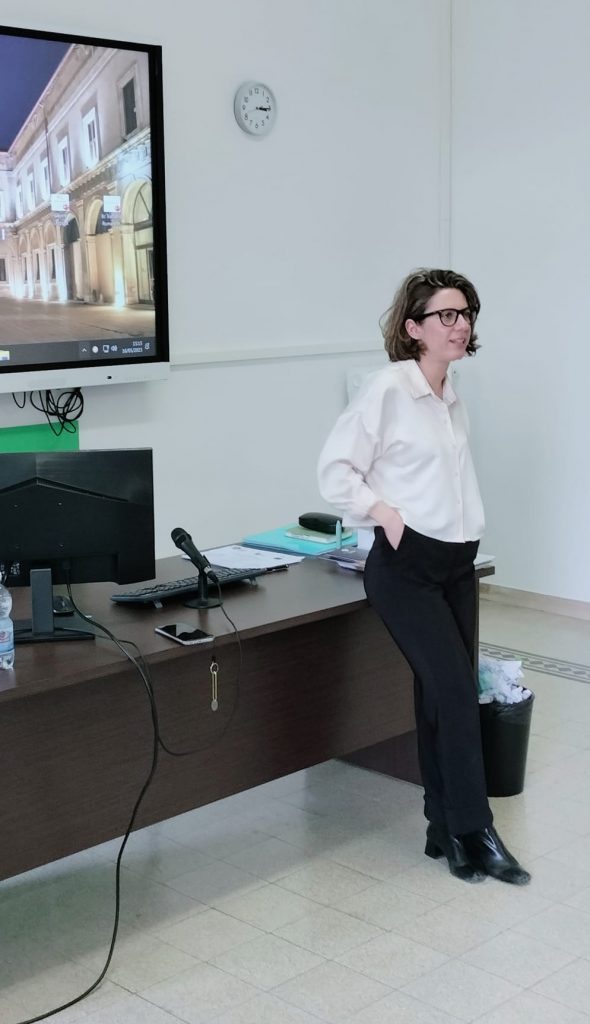
CRISTINA NATILI
PROJECT SUPPORT OFFICER
Cristina Natili is a sociologist and expert on migration and human rights. He currently works as project officer of Jean Monnet projects at Link Campus University.
He worked, for more than three years, in the sector of reception and integration of refugees and asylum seekers, collaborating with the “CIR – Italian Council for Refugees” and with the “CEIS – Don Mario Picchi”.
Member of the European Federalist Movement, she has always dealt with issues related to the reception and functioning of the European Union.
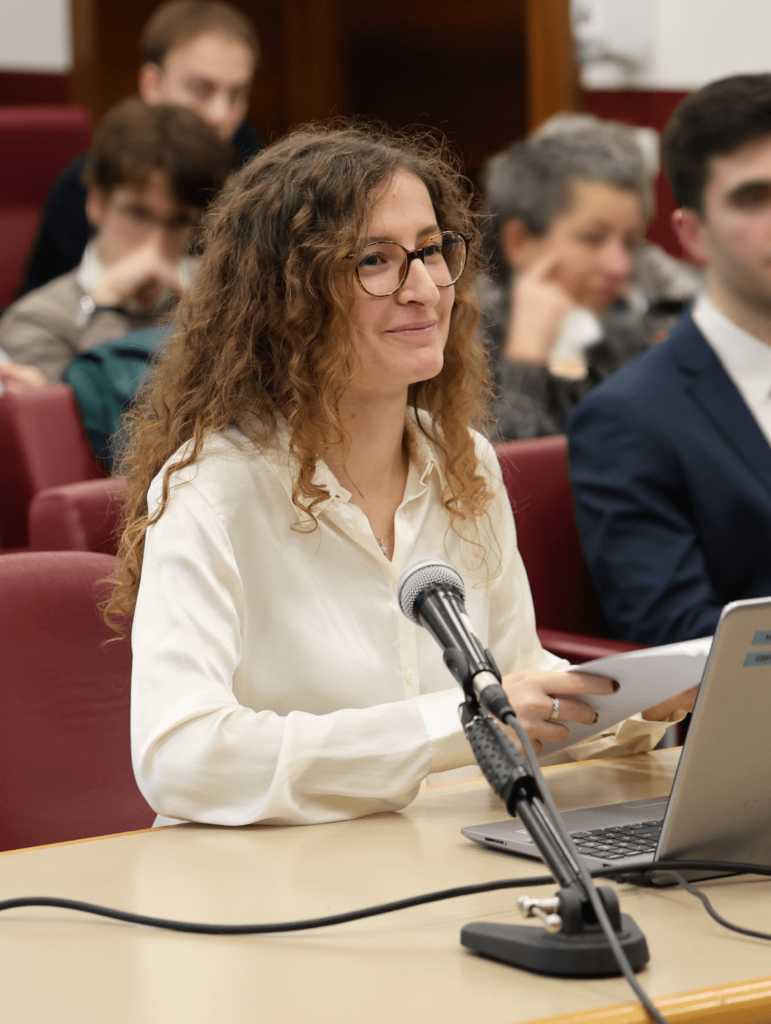
BLEONA SHKULLAKU
PROJECT SUPPORT OFFICER
Bleona Shkullaku has been educated in the fields od cultural mediation, foreign languages,international cooperation and governance at the Univerity of Padua and at Sapienza, University of Rome. She covers positions of collaboration and docency under the Chair of Political Thought for Colonization and Decolonization at Sapienza, University of Rome and the Chairs of European Integration Processes and Contemporary History, both at Link Campus University. She is in charge of coordinating and participating as Project Officer in several Jean Monnet projects based at Link Campus University. Her most recent studies cover the European Integration Dynamics in the Western Balkans. She previously worked on South Sudan, especially from the standpoint of its economic history and institutional change. Her main interests include programming, investment, development frameworks in the countries of the ‘New Europe’ (e.g. Western Balkans)
